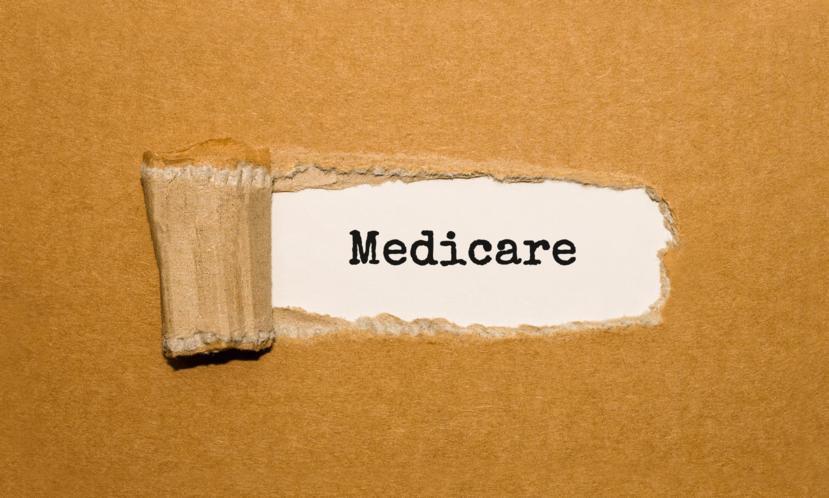Medicaid Cuts Could Lead to Devastating Consequences

A pioneer in modern dentistry for over 30 years! Dr. Kallas earned his Doctor of Dental Medicine (DDS) degree in 1989. In 1993, he graduated from the Howard University College of Dentistry postdoctoral program. While there, he completed his internship at the District of Columbia General Hospital. Since then, he has pursued... more
The proposed budget blueprint is alarming, as it threatens to severely impact vital safety net programs, with Medicaid facing the largest cuts. This move could have far-reaching consequences, particularly for vulnerable populations relying on Medicaid for essential healthcare services, including dental care.
Medicaid plays a crucial role in providing dental coverage to low-income individuals, children and people with disabilities. Cuts to Medicaid would likely lead to reduced access to dental services, exacerbating existing oral health disparities. This, in turn, could result in increased emergency room visits for preventable dental issues, driving up healthcare costs in the long run.
The proposed cuts could also affect Medicaid’s ability to cover essential dental services, such as:
- Preventive care: Regular cleanings, exams and sealants to prevent tooth decay and gum disease.
- Restorative care: Fillings, crowns and extractions to treat dental problems.
- Oral health education: Programs promoting good oral hygiene practices and healthy habits.
It’s essential to consider the long-term effects of these cuts on the overall health and wellbeing of Medicaid beneficiaries. As the American Hospital Association emphasizes, Medicaid provides critical healthcare services to millions of vulnerable individuals, and drastic cuts would have devastating consequences.
Personally, I’ve witnessed the vital role Medicaid plays in ensuring access to essential dental care. One patient, a college student, was struggling with multiple teeth affected by extensive decay. He required fillings, root canal therapy and crowns. Thankfully, Medicaid covered these necessary treatments, which would have been unaffordable for him within limited financial means.
If Medicaid were to be discontinued, the above patient and countless other Americans would be forced to forgo critical dental care. This would inevitably lead to severe dental health issues, ultimately affecting their overall wellbeing and quality of life.
Dental care is a fundamental right, not a privilege. Ensuring access to quality dental treatment for all is crucial for building a healthy and thriving society.








